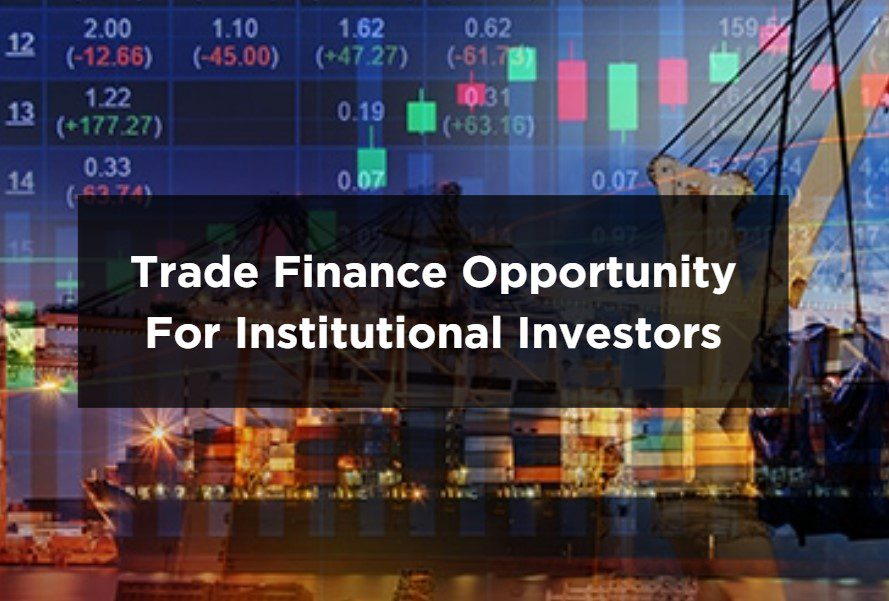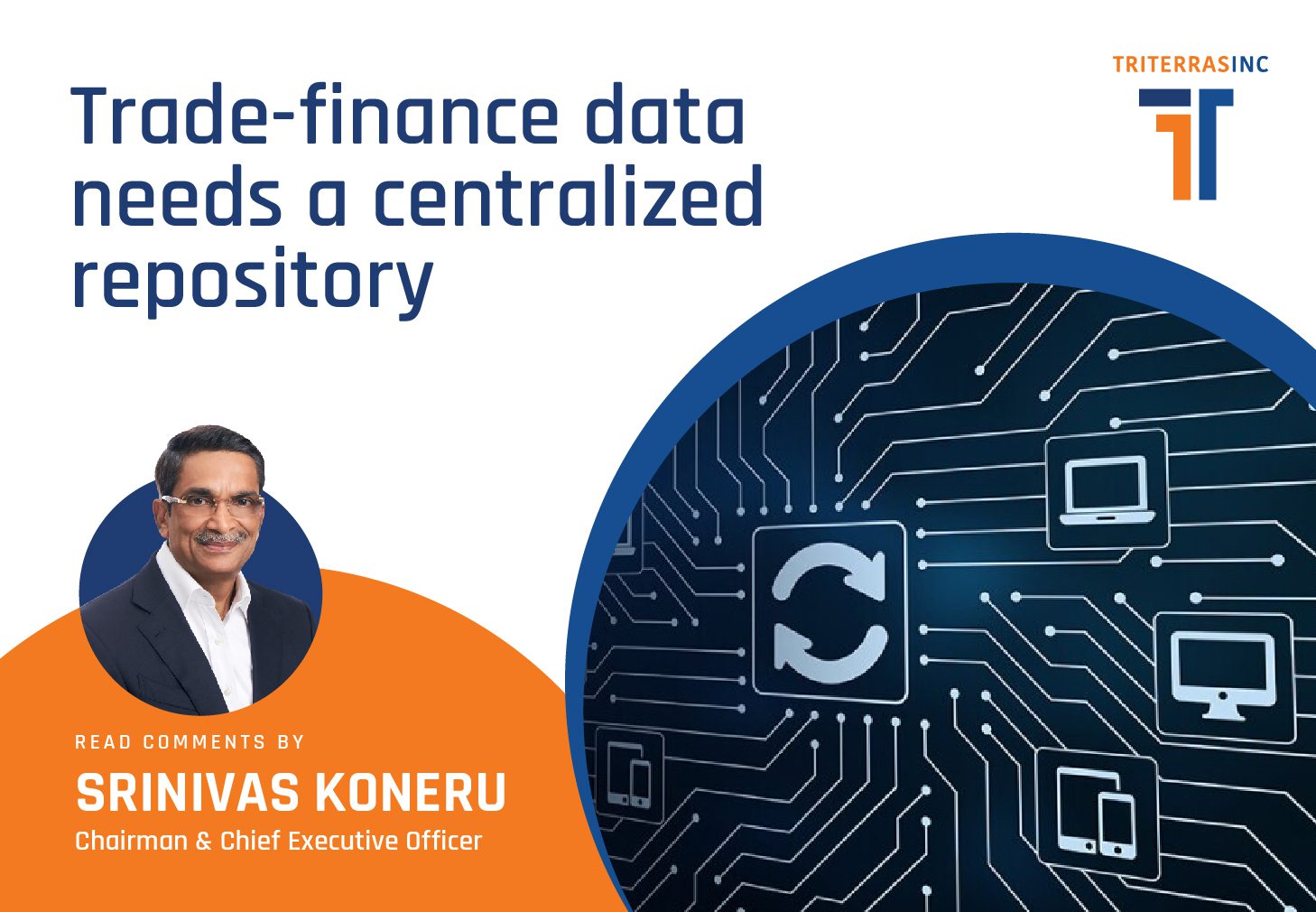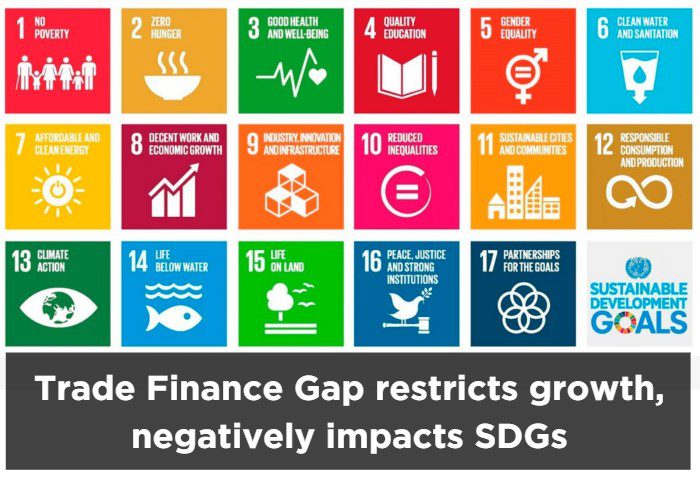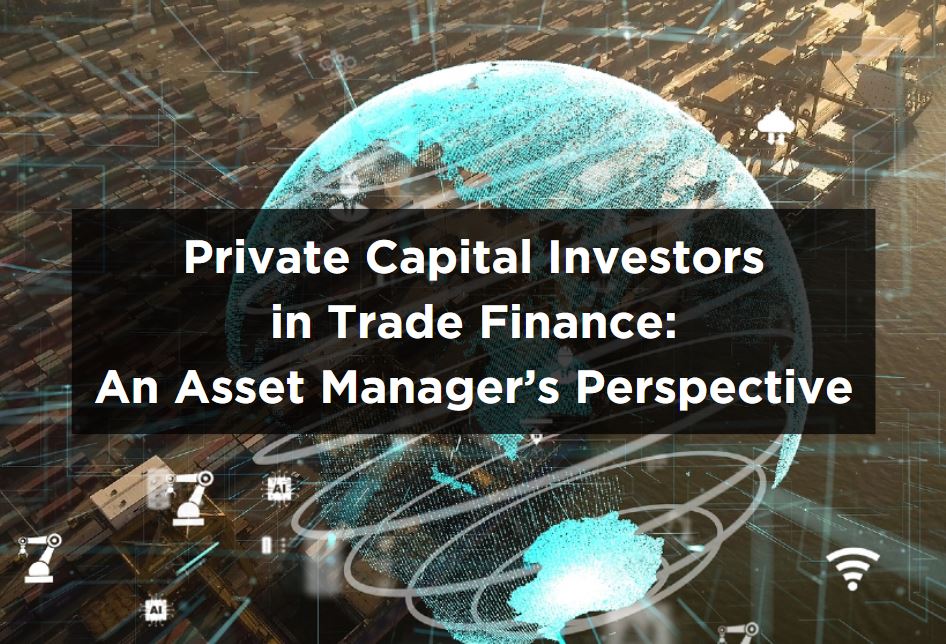The nature of demand for commercial office space has been changing for quite some time, but the Covid-19 pandemic has expedited it. During the past few years, companies have been changing their operating models, going asset-light, and focusing more on scalability and flexibility by outsourcing and delegating workloads to strategic partners. The same trend has been gaining traction in commercial office space, with companies focusing more on flexible space that can be put to multiple uses on demand. Simultaneously, companies have also been doing away with unnecessary office space and cutting down on establishment costs.
Hence, the demand for commercial office space has been fluctuating globally, with sharp ups and downs. According to Statista Research, office vacancy rates had reached 17.2% in the third quarter of 2021. The same research company reported that in the first quarter of 2022 average office vacancy in the US had dropped to 12.3% from its previous high. However, Statista’s report on office vacancy rates in the US, published on August 15, 2022, stated that a 15% office vacancy across all sectors was expected until workers returned to offices.
According to the VTS Office Demand Index (VODI), new demand for office space reached its nadir in June 2020, and from there, it increased by 444% to peak in August 2021. Since then, the demand has again been declining. Some sources claim that the surge in 2021 was due to the market confidence gained by vaccinations, but the Omicron wave again affected the demand.
On the bright side, office occupancy (not demand) rose in 84% of metro areas of the US in the first quarter of 2022, as reported by the National Association of Realtors headquartered in Chicago. NAR’s Commercial Weekly claimed that since the third quarter of 2021, at least 30 million square feet of office space had been absorbed in the US, with the pace being equivalent to that of pre-pandemic levels. And in March 2022, VODI indicated a 20% jump in demand for offices.
Furthermore, VODI analysis showed that demand for office space has already reached 2/3 of its pre-pandemic average. And some analysts claim that the remaining gap is because companies trimmed down the excess. Meanwhile, some industry observers affirm that the gap will be filled in by new companies soon enough.
However, with some companies adapting to work from home (WFH) and some deciding to return to the office or hybrid options, shareable offices, desk spaces, and short-term leases have become quite common, even for big brands. As such, many of them are not keen to invest in ownership of immovable property. And this is a trend that has become stronger in a post-Covid no-touch economy, where remote work has become popular, and companies are struggling to make workers give up their sudden freedom and return to the office.
In August, in its National Office Report, CommercialEdge claimed that coworking spaces are the new office use models. While traditional commercial office spaces were still lying empty, organizations that were into leasing out coworking office spaces were doing well. The report claimed that WeWork’s occupancy rates had already returned to pre-pandemic levels, which was a historic high for the company.
With hybrid workspaces now a norm rather than an exception, the demand for absolute ownership of office space has also plummeted. However, the market for flexible space in commercial offices has been recovering fast and is almost at pre-Covid levels. The demand is there, and it is picking up, but not for the type of office space companies used to prefer.
This shift is visible in the knowledge industry, where working through cloud platforms or SaaS applications makes remote work not only possible but mainstream. So, it is too early to say whether the demand for commercial office space will return to the pre-pandemic levels. But one thing is certain. The demand will not be for the type of exclusively owned and utilized commercial office space we were familiar with earlier.



















